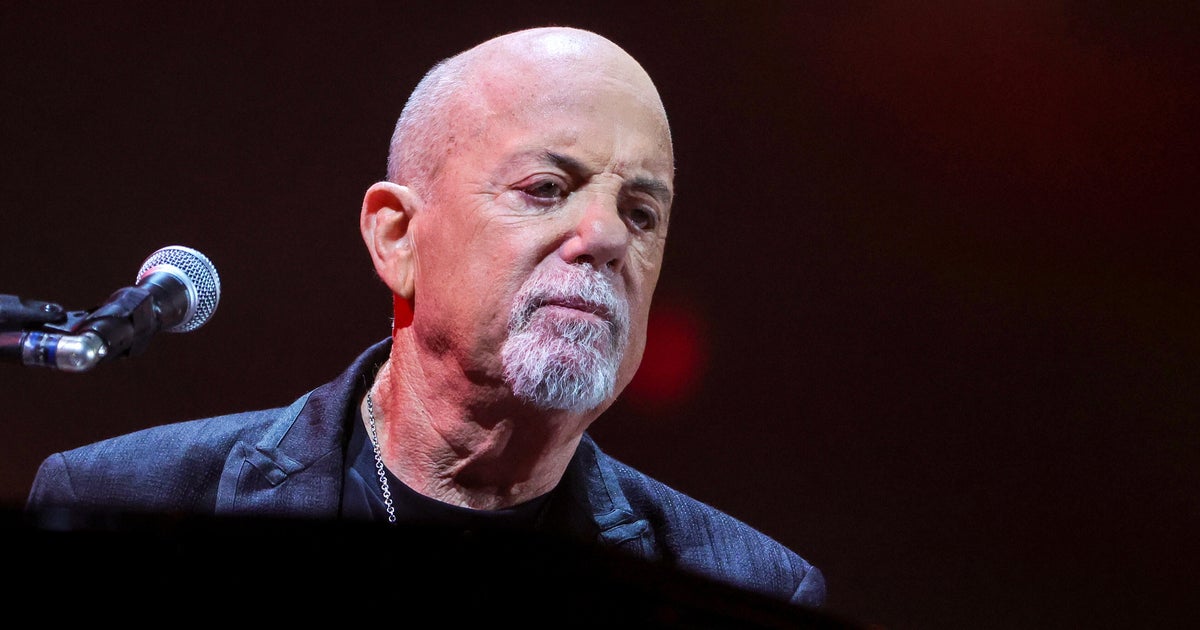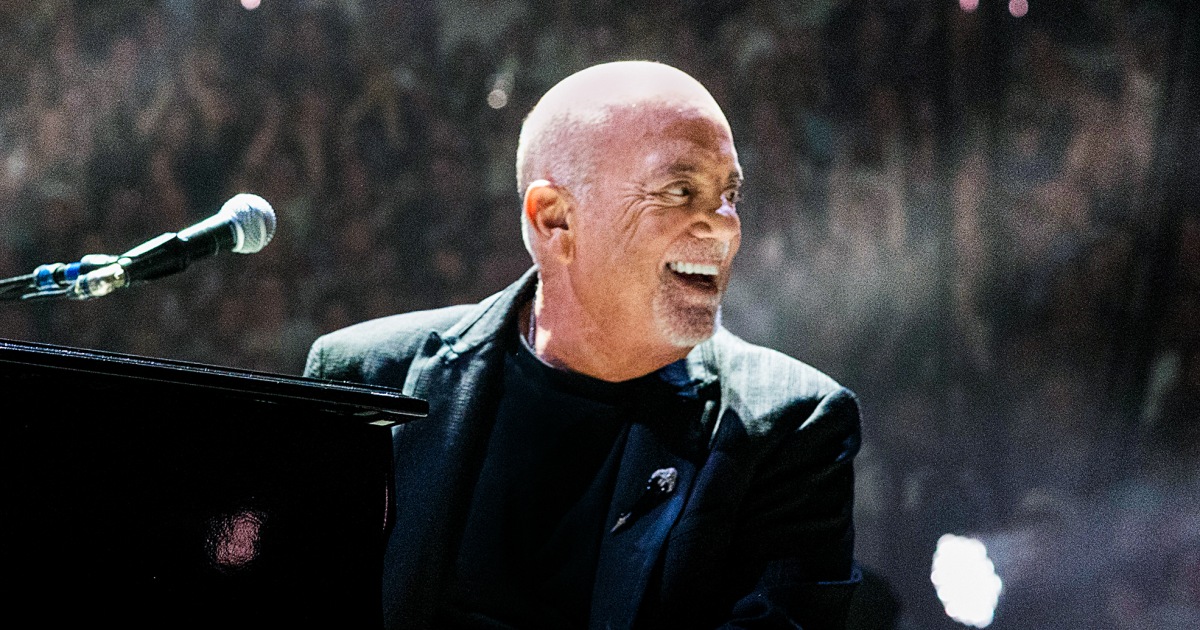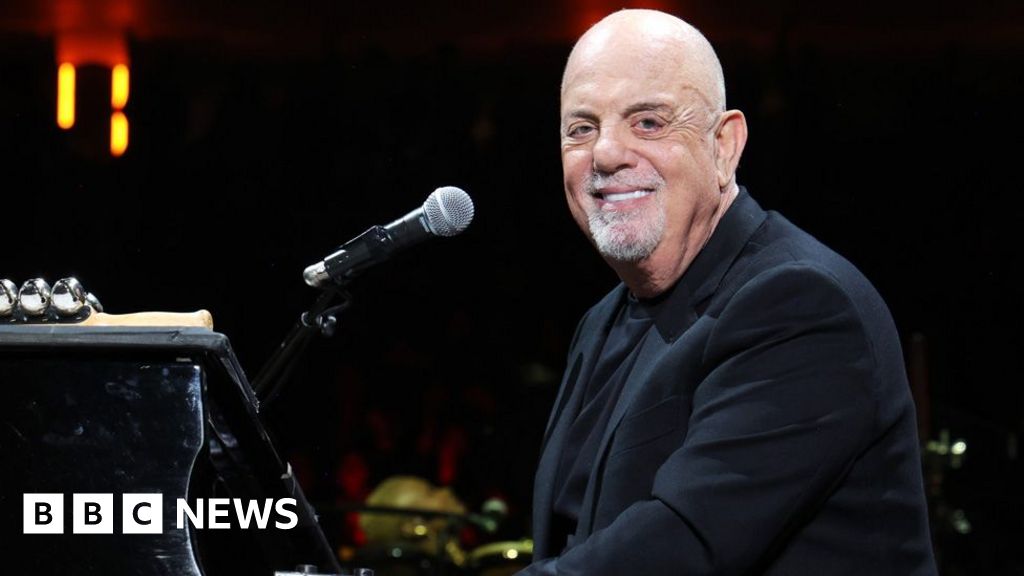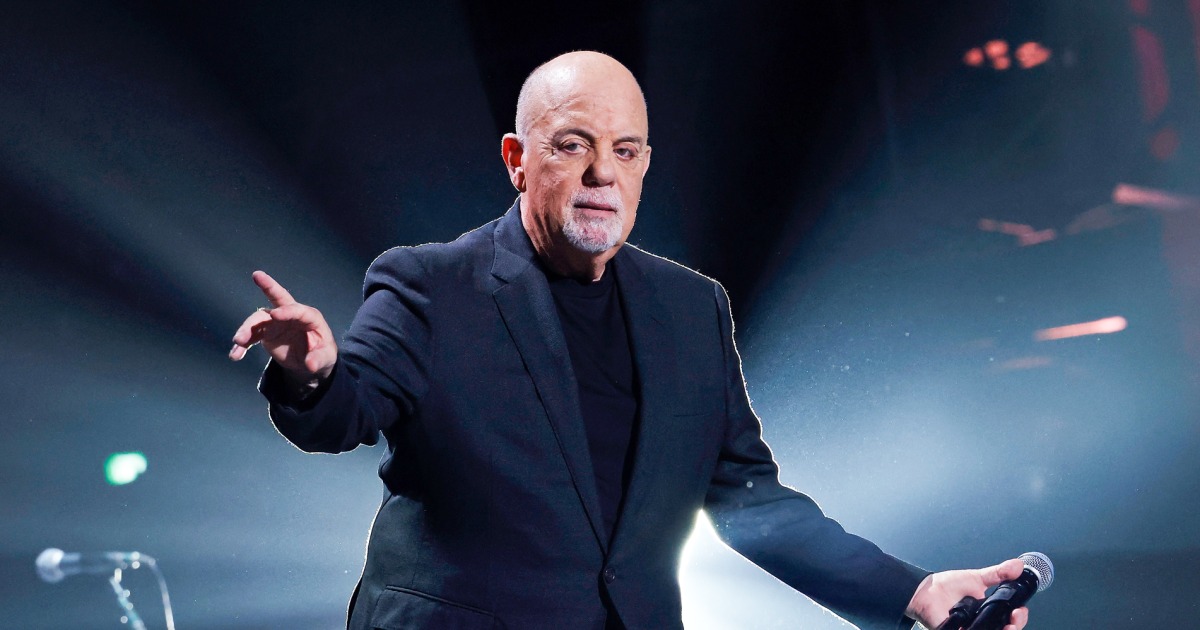Billy Joel Cancels Concerts Due to Brain Condition Diagnosis
Billy Joel has canceled all upcoming concerts after being diagnosed with Normal Pressure Hydrocephalus, affecting his hearing, vision, and balance.
Subscribe to unlock this story
We really don't like cutting you off, but you've reached your monthly limit. At just $5/month, subscriptions are how we keep this project going. Start your free 7-day trial today!
Get StartedHave an account? Sign in
Overview
Billy Joel has announced the cancellation of all his upcoming concerts following a diagnosis of Normal Pressure Hydrocephalus, a rare brain condition. The 76-year-old singer revealed that the condition has impacted his hearing, vision, and balance, exacerbated by recent performances. Under medical advice, he is undergoing physical therapy and has been instructed to refrain from performing during his recovery. Joel expressed his regret to fans and emphasized his commitment to prioritizing his health. Ticket holders will receive refunds for the canceled shows, which include dates in North America and the UK.
Report issue

Read both sides in 5 minutes each day
Analysis
- The articles express concern over Billy Joel's health and the cancellation of his concert tour due to a brain disorder.
- There is a mix of negative and neutral sentiments, with some articles highlighting hope for recovery and treatment options.
- Overall, the tone reflects disappointment for fans but also gratitude from Joel for their support during this challenging time.
Articles (18)
Center (10)
FAQ
Normal Pressure Hydrocephalus (NPH) is a brain disorder where excess cerebrospinal fluid accumulates in the brain’s ventricles, causing symptoms such as difficulty walking, thinking and reasoning problems, and loss of bladder control. In some cases, it can also affect hearing, vision, and balance.
The most common treatment for NPH is the surgical implantation of a shunt, which drains excess cerebrospinal fluid from the brain to another part of the body, usually the abdomen. In cases where a specific obstruction (aqueductal stenosis) is present, endoscopic third ventriculostomy (ETV) may be considered as an alternative.
Currently, there are no effective non-surgical treatments for NPH. While medications to remove excess fluid exist, they are generally not effective for this condition. Surgery remains the primary treatment option.
With treatment, some symptoms—especially gait and mobility issues—may improve, but cognitive and bladder problems are less likely to resolve. The benefit of surgery can vary, and not everyone responds to treatment.
The article indicates that Billy Joel is currently undergoing physical therapy and has been advised to refrain from performing during his recovery. Return to performing would depend on his response to treatment and ongoing assessment of his symptoms.
History
- This story does not have any previous versions.















